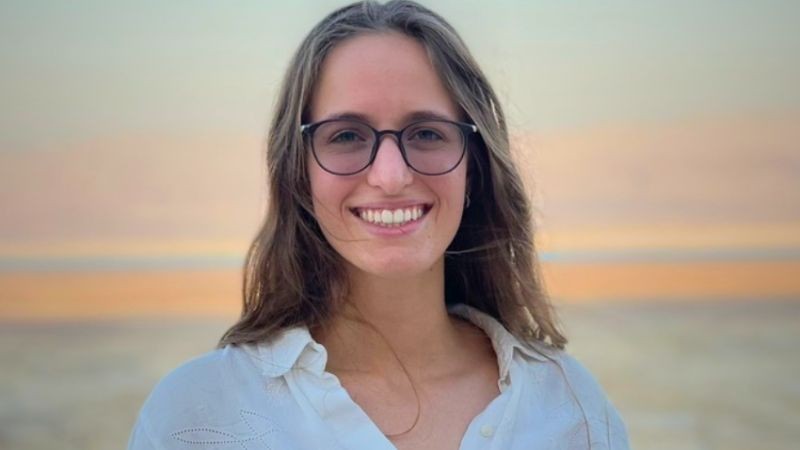Six Columbia students visited Chile during the first half of March under the Kraft Global Fellows Program, an interfaith and inter-cultural exchange trip led by University Chaplain and Associate Provost Jewelnel Davis, and the Columbia Global Center in Santiago.
The Santiago Center asked these Fellows to share reflections on their experience in Chile. The following is the personal account of Lily Penn, a third-year student in the dual degree program between The Jewish Theological Seminary and General Studies, majoring in Cognitive Science and Modern Jewish Studies.
My personal goal for the trip was to gain unbiased insight into Chile's history and socio-political landscape, paralleling current U.S. struggles. During visits to churches, synagogues, and mosques, we engaged in discussions about each of our personal levels of religiousness, while comparing and contrasting different aspects of our beliefs. Despite the current political climate in America and the rise in antisemitism, this past week allowed me to separate religion from politics, focusing solely on its faith and values rather than the political stigmas often attached to them. Especially after the October 7th terrorist attack in Israel, carried out in the name of Allah, I found that stepping into and embracing the mosque was a challenging experience. However, doing so alongside a group of respectful and endlessly curious students helped me to break down some barriers and gain insight into Islam's faith from a perspective that transcends politics, emphasizing devotion to God and moral integrity.
The impact of Pinochet's dictatorship on Chilean society is so prevalent, evidenced by ongoing protests and the perpetuation of generational trauma. Places like La Victoria church, once a sanctuary for local communists during Pinochet's regime, now serve as reminders of the struggle for democratic rights. The Cueca Sola was also a beautiful form of artistic expression to reflect the impact of Pinochet’s regime. It raises awareness of Pinochet’s responsibility for the disappeared lives, symbolizing the lasting trauma and impact of the regime as bodies continue to be uncovered even today.
Visiting the Mapuche also greatly influenced my perspective on spirituality. Unlike the Western view of health, the Mapuches view spiritual and physical aspects as equally critical in maintaining good health. When one struggles with their mental health, it implies that their spirit is uncentered and the best remedy to heal and cure themselves is through connection with nature. The Mapuche belief system was extremely refreshing; it reminded me of the importance of the connection with our most basic and essential connection to nature.

